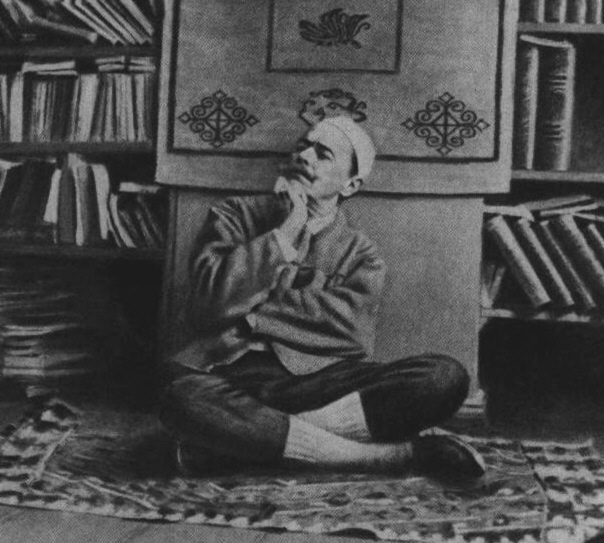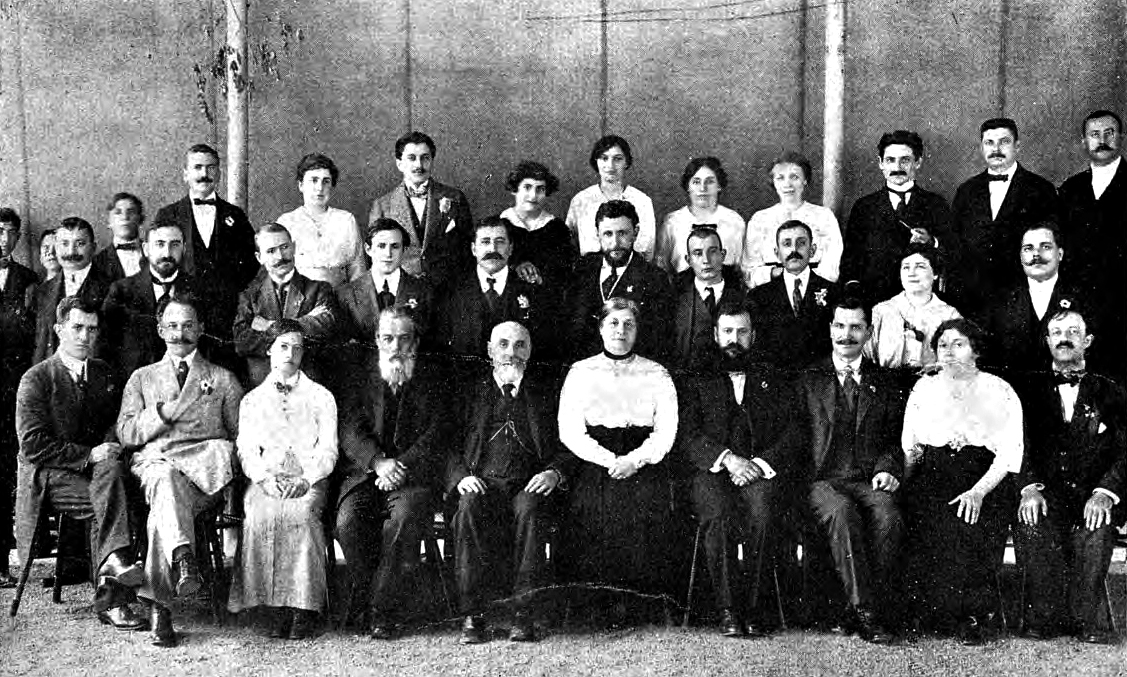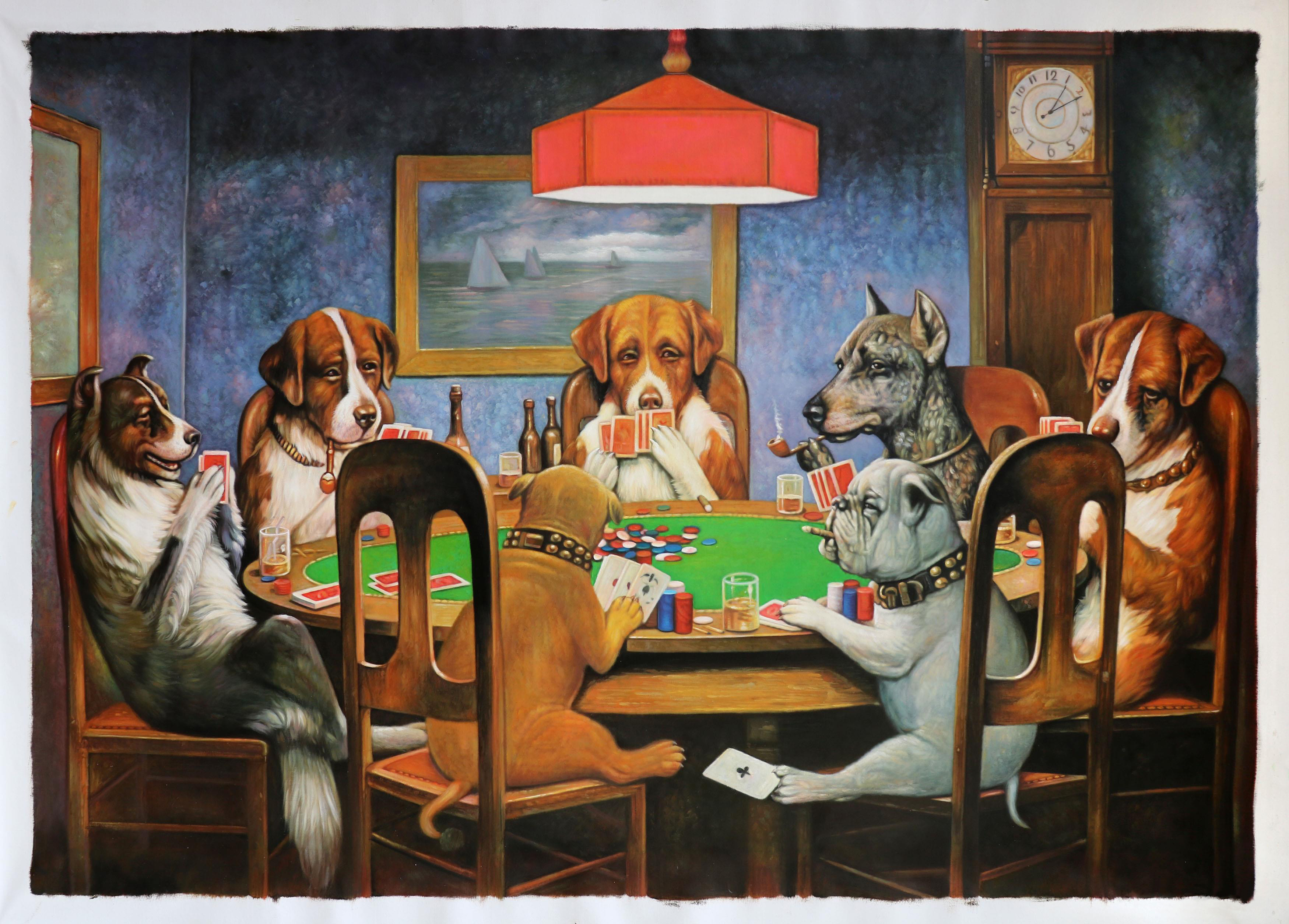|
Luca Caragiale
Luca Ion Caragiale (; also known as Luki, Luchi or Luky Caragiale; 3 July 1893 – 7 June 1921) was a Romanian poet, novelist and translator, whose contributions were a synthesis of Symbolism, Parnassianism and modernist literature. His career, cut short by pneumonia, mostly produced lyric poetry with cosmopolitan characteristics, distinct preferences for neologisms and archaisms, and willing treatment of kitsch as a poetic subject. These subjects were explored in various poetic forms, ranging from the conventionalism of ''formes fixes'', some of which were by then obsolete, to the rebellious adoption of free verse. His poetry earned posthumous critical attention and was ultimately collected in a 1972 edition, but sparked debates among literary historians about the author's contextual importance. The son of dramatist Ion Luca Caragiale and the half-brother of writer Mateiu Caragiale, Luca also became the son-in-law of communist militant Alexandru Dobrogeanu-Gherea. It was with Al ... [...More Info...] [...Related Items...] OR: [Wikipedia] [Google] [Baidu] |
Ion Luca Caragiale
Ion Luca Caragiale (; commonly referred to as I. L. Caragiale; According to his birth certificate, published and discussed by Constantin Popescu-Cadem in ''Manuscriptum'', Vol. VIII, Nr. 2, 1977, pp. 179-184 – 9 June 1912) was a Romanian playwright, short story writer, poet, theater manager, political commentator and journalist. Leaving behind an important cultural legacy, he is considered one of the greatest playwrights in Romanian language and literature, as well as one of its most important writers and a leading representative of local humour. Alongside Mihai Eminescu, Ioan Slavici and Ion Creangă, he is seen as one of the main representatives of ''Junimea'', an influential literary society with which he nonetheless parted during the second half of his life. His work, spanning four decades, covers the ground between Neoclassicism, Realism, and Naturalism, building on an original synthesis of foreign and local influences. Although few in number, Caragiale's plays constitu ... [...More Info...] [...Related Items...] OR: [Wikipedia] [Google] [Baidu] |
:Template:Infobox Writer/doc
Infobox writer may be used to summarize information about a person who is a writer/author (includes screenwriters). If the writer-specific fields here are not needed, consider using the more general ; other infoboxes there can be found in :People and person infobox templates. This template may also be used as a module (or sub-template) of ; see WikiProject Infoboxes/embed for guidance on such usage. Syntax The infobox may be added by pasting the template as shown below into an article. All fields are optional. Any unused parameter names can be left blank or omitted. Parameters Please remove any parameters from an article's infobox that are unlikely to be used. All parameters are optional. Unless otherwise specified, if a parameter has multiple values, they should be comma-separated using the template: : which produces: : , language= If any of the individual values contain commas already, add to use semi-colons as separators: : which produces: : , ps ... [...More Info...] [...Related Items...] OR: [Wikipedia] [Google] [Baidu] |
Avant-garde
The avant-garde (; In 'advance guard' or ' vanguard', literally 'fore-guard') is a person or work that is experimental, radical, or unorthodox with respect to art, culture, or society.John Picchione, The New Avant-garde in Italy: Theoretical Debate and Poetic Practices' (Toronto: University of Toronto Press, 2004), p. 64 . It is frequently characterized by aesthetic innovation and initial unacceptability.Kostelanetz, Richard, ''A Dictionary of the Avant-Gardes'', Routledge, May 13, 2013 The avant-garde pushes the boundaries of what is accepted as the norm or the '' [...More Info...] [...Related Items...] OR: [Wikipedia] [Google] [Baidu] |
Greeks In Romania
Greeks are a historic minority group in Romania. At times, as during the Phanariote era, this presence has amounted to hegemony; at other times (including the present), the Greeks have simply been one among the many ethnic minorities in Romania. History Ancient and medieval periods The Greek presence in what is now Romania dates back as far as the '' apoikiai'' (colonies) and '' emporia'' (trade stations) founded in and around Dobruja (''see Colonies in antiquity and Pontic Greeks''), beginning in the 7th century BC. Starting with the Milesian colony at Istros, the process reached its height after Tomis was founded in the 5th century BC. Although forever subject to the Dacian interference and easily disrupted by changes in the politics of neighbour tribal chieftains, the colonies prospered until being briefly submitted in various forms by King Burebista (late 1st century BC). Immediately after, and for the following centuries, they were stripped of their privileges by their new ... [...More Info...] [...Related Items...] OR: [Wikipedia] [Google] [Baidu] |
Ionel Gherea
Ionel Gherea, also known as Ioan Dobrogeanu-Gherea or Ion D. Gherea ( Francized ''J. D. Ghéréa''; 1895 – December 15, 1978), was a Romanian philosopher, essayist, and concert pianist. The son of Constantin Dobrogeanu-Gherea, a Marxist theoretician and critic, and the brother of communist militant Alexandru "Sașa" Gherea, he was only mildly interested in politics of any kind, embracing an apolitical form of left-libertarianism. Largely self-taught, he became interested in the aestheticism of his brother-in-law, Paul Zarifopol, who became one of his main references. As a youth, Zarifopol took him to meet playwright Ion Luca Caragiale and his family, who were also influential on Gherea's writing, and the focus of his old-age memoirs. Gherea's debut as a writer was a 1920 novel written jointly with Luca Caragiale, which was also his only contribution to the genre. Following Constantin's death and Sașa's imprisonment, he had to handle family affairs, but his mismanagement of their ... [...More Info...] [...Related Items...] OR: [Wikipedia] [Google] [Baidu] |
Alexandru Dobrogeanu-Gherea
Alexandru Dobrogeanu-Gherea or Alexandru Gherea (rendered in Russian as ''Александр Доброджану-Геря'' or ''Доброжану-Гере'' - ''Aleksandr Dobrodzhanu-Gerya'' /''Dobrozhanu-Gere''; July 7, 1879 —November 4, 1937) was a Romanian communist militant and son of socialist, sociologist and literary critic Constantin Dobrogeanu-Gherea. He also used the pseudonyms of ''G. Alexe'' and ''Sașa''/''Sasha''. Socialist activism He was born in Ploiești, the son of Constantin Dobrogeanu-Gherea and his wife, Sofia Parcevska. He studied engineering at the University of Berlin, becoming a member of the Romanian Social-Democratic Workers' Party in 1910. During World War I, Gherea served in a field artillery regiment. He joined the Socialist Party of Romania (the revived form of the Social Democrats) in 1918, and was one of its five delegates (one of the others was Gheorghe Cristescu) to the 1920 Moscow Comintern meeting that called for the Romanian group to ... [...More Info...] [...Related Items...] OR: [Wikipedia] [Google] [Baidu] |
Communism
Communism (from Latin la, communis, lit=common, universal, label=none) is a far-left sociopolitical, philosophical, and economic ideology and current within the socialist movement whose goal is the establishment of a communist society, a socioeconomic order centered around common ownership of the means of production, distribution, and exchange which allocates products to everyone in the society.: "One widespread distinction was that socialism socialised production only while communism socialised production and consumption." Communist society also involves the absence of private property, social classes, money, and the state. Communists often seek a voluntary state of self-governance, but disagree on the means to this end. This reflects a distinction between a more libertarian approach of communization, revolutionary spontaneity, and workers' self-management, and a more vanguardist or communist party-driven approach through the development of a constitutional socialist st ... [...More Info...] [...Related Items...] OR: [Wikipedia] [Google] [Baidu] |
Mateiu Caragiale
Mateiu Ion Caragiale (; – January 17, 1936), also credited as Matei or Matheiu, or in the antiquated version Mateiŭ,Sorin Antohi"Romania and the Balkans. From Geocultural Bovarism to Ethnic Ontology" in ''Tr@nsit online'', Institut für die Wissenschaften vom Menschen, Nr. 21/2002 was a Romanian poet and prose writer, best known for his novel ''Craii de Curtea-Veche'', which portrays the milieu of boyar descendants before and after World War I. Caragiale's style, associated with Symbolism, the Decadent movement of the ''fin de siècle'', and early modernism, was an original element in the Romanian literature of the interwar period. In other late contributions, Caragiale pioneered detective fiction locally, but there is disagreement over whether his work in the field produced a complete narrative or just fragments. The scarcity of writings he left is contrasted by their critical acclaim and a large, mostly posthumous, following, commonly known as ''mateists''. Also known as ... [...More Info...] [...Related Items...] OR: [Wikipedia] [Google] [Baidu] |
Formes Fixes
The ''formes fixes'' (; singular: ''forme fixe'', "fixed form") are the three 14th- and 15th-century French poetic forms: the ''ballade'', '' rondeau'', and ''virelai''. Each was also a musical form, generally a ''chanson'', and all consisted of a complex pattern of repetition of verses and a refrain with musical content in two main sections. All three forms can be found in 13th-century sources, but a 15th-century source gives Philippe de Vitry as their first composer while the first comprehensive repertory of these forms was written by Guillaume de Machaut.Fallows The ''formes fixes'' stopped being used in music around the end of the 15th century, although their influence continued (in poetry they, especially the rondeau, continued to be used). Sometimes forms from other countries and periods are referred to as ''formes fixes''. These include the Italian 14th-century madrigal and later ballata and barzelletta, the German bar form, Spanish 13th-century cantiga, and the later ca ... [...More Info...] [...Related Items...] OR: [Wikipedia] [Google] [Baidu] |
Kitsch
Kitsch ( ; loanword from German) is a term applied to art and design that is perceived as naïve imitation, overly-eccentric, gratuitous, or of banal taste. The avant-garde opposed kitsch as melodramatic and superficial affiliation with the human condition and its natural standards of beauty. In the first half of the 20th century, kitsch referred to products of pop culture that lacked the depth of fine art. However, since the emergence of Pop Art in the 1950s, kitsch is sometimes re-appreciated in knowingly ironic, humorous or earnest fashion. To brand visual art as "kitsch" is often still pejorative, though not exclusively. Art deemed kitsch may be enjoyed in an entirely positive and sincere manner. For example, it carries the ability to be quaint or "quirky" without being offensive on the surface, as in the ''Dogs Playing Poker'' paintings. Kitsch can refer to music, literature, or any work, and relates to camp, as they both incorporate irony and extravagance. Hi ... [...More Info...] [...Related Items...] OR: [Wikipedia] [Google] [Baidu] |
Archaism
In language, an archaism (from the grc, ἀρχαϊκός, ''archaïkós'', 'old-fashioned, antiquated', ultimately , ''archaîos'', 'from the beginning, ancient') is a word, a sense of a word, or a style of speech or writing that belongs to a historical epoch long beyond living memory, but that has survived in a few practical settings or affairs. Lexical archaisms are single archaic words or expressions used regularly in an affair (e.g. religion or law) or freely; literary archaism is the survival of archaic language in a traditional literary text such as a nursery rhyme or the deliberate use of a style characteristic of an earlier age—for example, in his 1960 novel '' The Sot-Weed Factor'', John Barth writes in an 18th-century style. Archaic words or expressions may have distinctive emotional connotations—some can be humorous (''forsooth''), some highly formal (''What say you?''), and some solemn (''With thee do I plight my troth''). A distinction between archaic and obsole ... [...More Info...] [...Related Items...] OR: [Wikipedia] [Google] [Baidu] |
Neologism
A neologism Greek νέο- ''néo''(="new") and λόγος /''lógos'' meaning "speech, utterance"] is a relatively recent or isolated term, word, or phrase that may be in the process of entering common use, but that has not been fully accepted into mainstream language. Neologisms are often driven by changes in culture and technology. In the process of language formation, neologisms are more mature than '' protologisms''. A word whose development stage is between that of the protologism (freshly coined) and neologism (new word) is a ''prelogism''. Popular examples of neologisms can be found in science, fiction (notably science fiction), films and television, branding, literature, jargon, cant, linguistics, the visual arts, and popular culture. Former examples include ''laser'' (1960) from Light Amplification by Stimulated Emission of Radiation; ''robot'' (1941) from Czech writer Karel Čapek's play ''R.U.R. (Rossum's Universal Robots)''; and ''agitprop'' (1930) (a portmanteau of " ... [...More Info...] [...Related Items...] OR: [Wikipedia] [Google] [Baidu] |





